International Day of Peace 2020
2020 has shown how deeply interconnected societies across the globe are. Borders and security systems have failed to protect communities and those most vulnerable against a virus altering everyday life everywhere. Instead of solidarity and cooperation, leaders across the world have chosen to lock down countries and turning their eyes to the inside.
But not everything in 2020 is doom and gloom. Citizens are opening their windows to applaud healthcare workers. Neighbours are stepping up for vulnerable folks by doing the groceries for them. Scientist and medical professionals are collaborating across continents in the search for treatment and prevention. Nature reclaiming towns and cities in the absence of people. Young people are voicing their demands for their new normal.
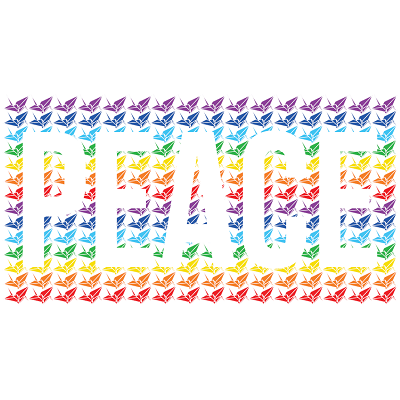
Peace is more than the absence of war
In 2014, the United Nations defined peace as ‘dignity, well-being for all, not just absence of war’.
At IFM-SEI, we cannot agree more! Our Aims and Principles say the following about peace: ‘Peace is more than just the absence of war. We are dedicated to a world free from abuse, war, bullying, discrimination, exclusion and fear. We choose peace and peace education that criticises reality, but that also gives an alternative where conflicts are peacefully transformed.’
Begin with yourself
So, how can we ‘shape peace together’ this time of social distancing and separation?
- ● Reflect on your local reality:
- ● How peaceful is your city, your region, your country?
- ● What does the lack or presence of peacefulness mean for your own life and that of your families?
- ● How can you positively affect the peacefulness around you?
- ● Raise awareness for violations of peace:
- ● Does your media mention non-violent and violent conflicts beyond the daily headline?
- ● Do your politicians advocate for Human Rights and Children’s Rights within your own country or international cooperation spaces?
- ● Do industries invest in conflicts or do business with governments violating their citizens’ right to peace?
- ● Practice daily peacefulness:
- ● Is there something you could do for the members of your household or your family?
- ● How can you reach out to those in your community whose right to dignity and well-being is hurt in small or big ways?
- ● And most importantly, how can you protect and care for yourself?

“It isn’t enough to talk about peace. One must believe in it. And it isn’t enough to believe in it. One must work at it.”
by Eleanor Roosevelt
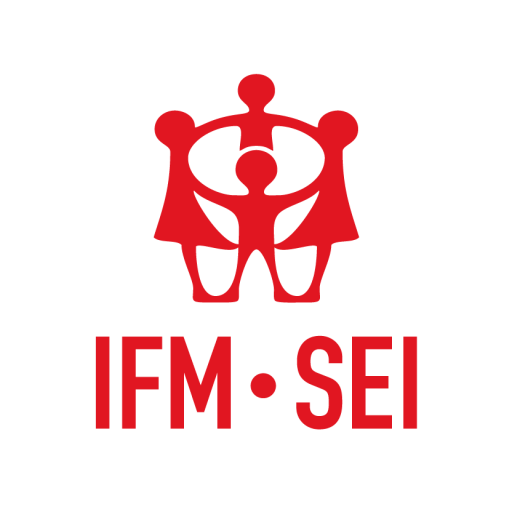
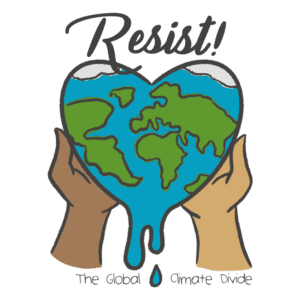




Comments are closed